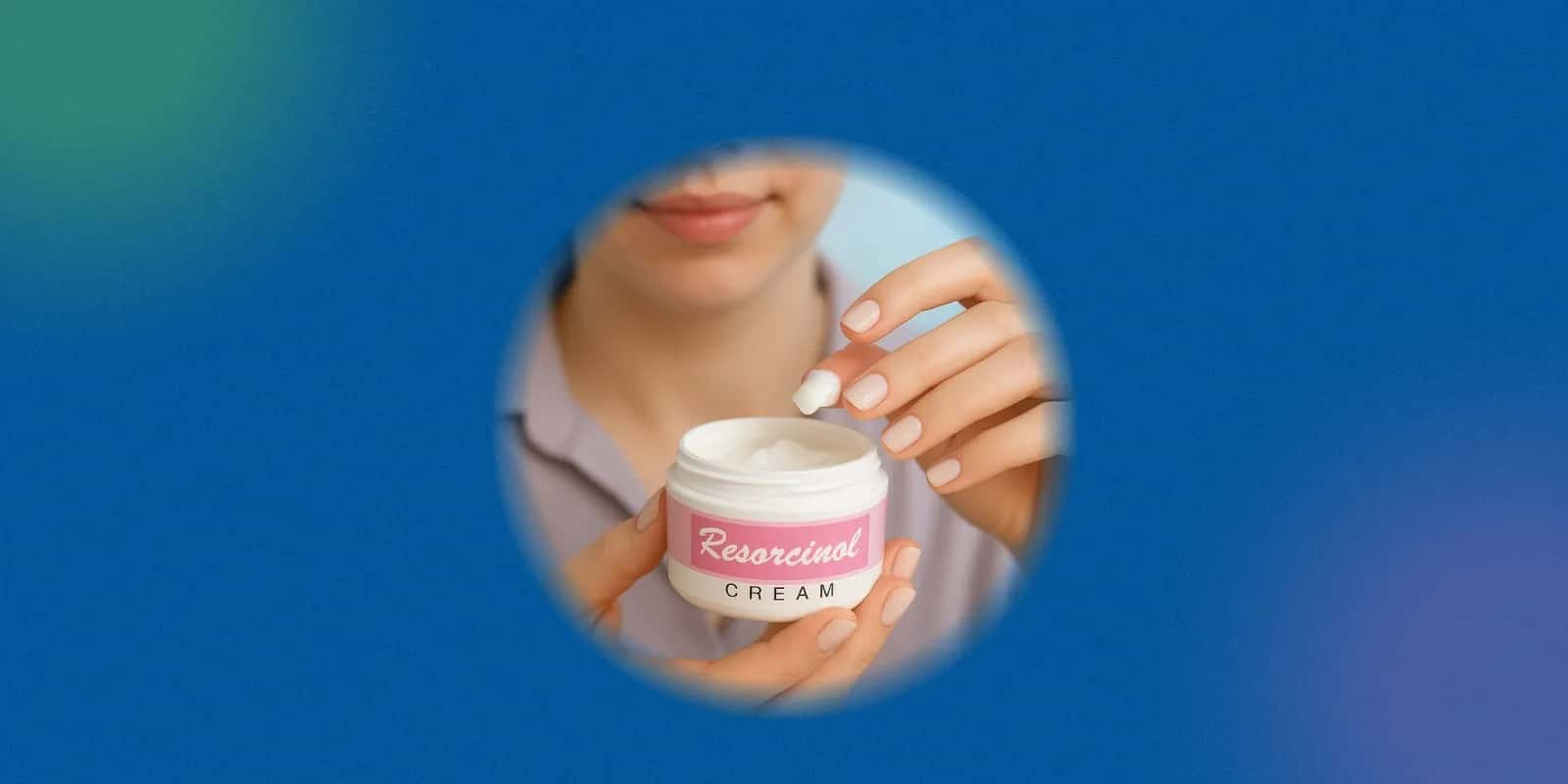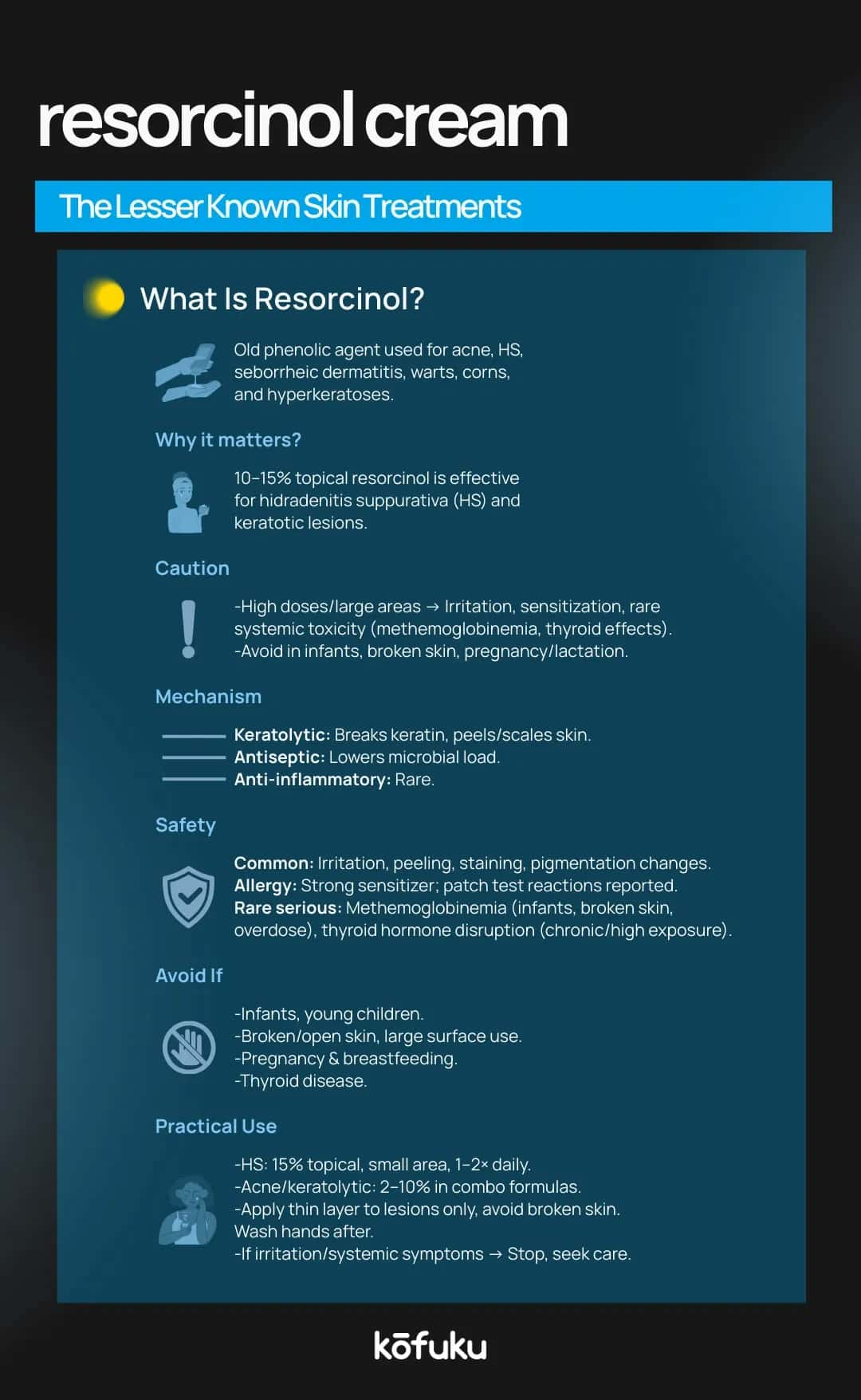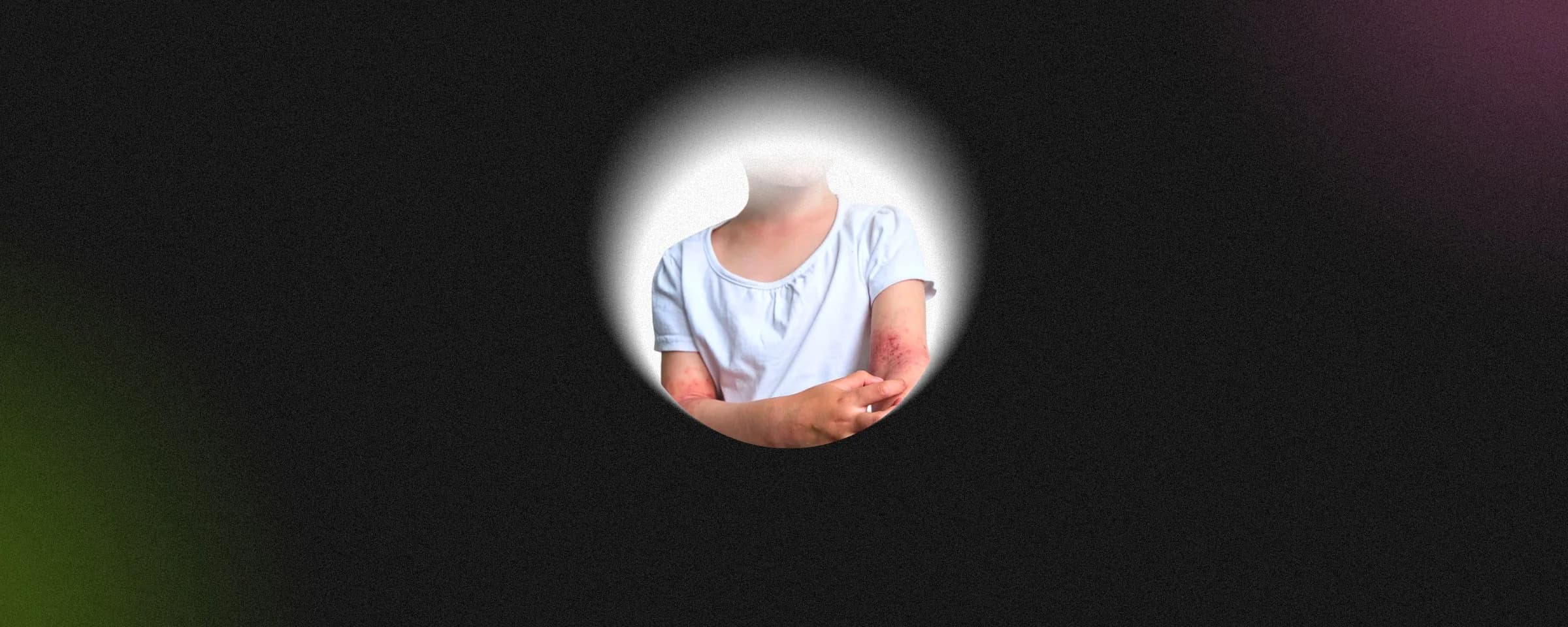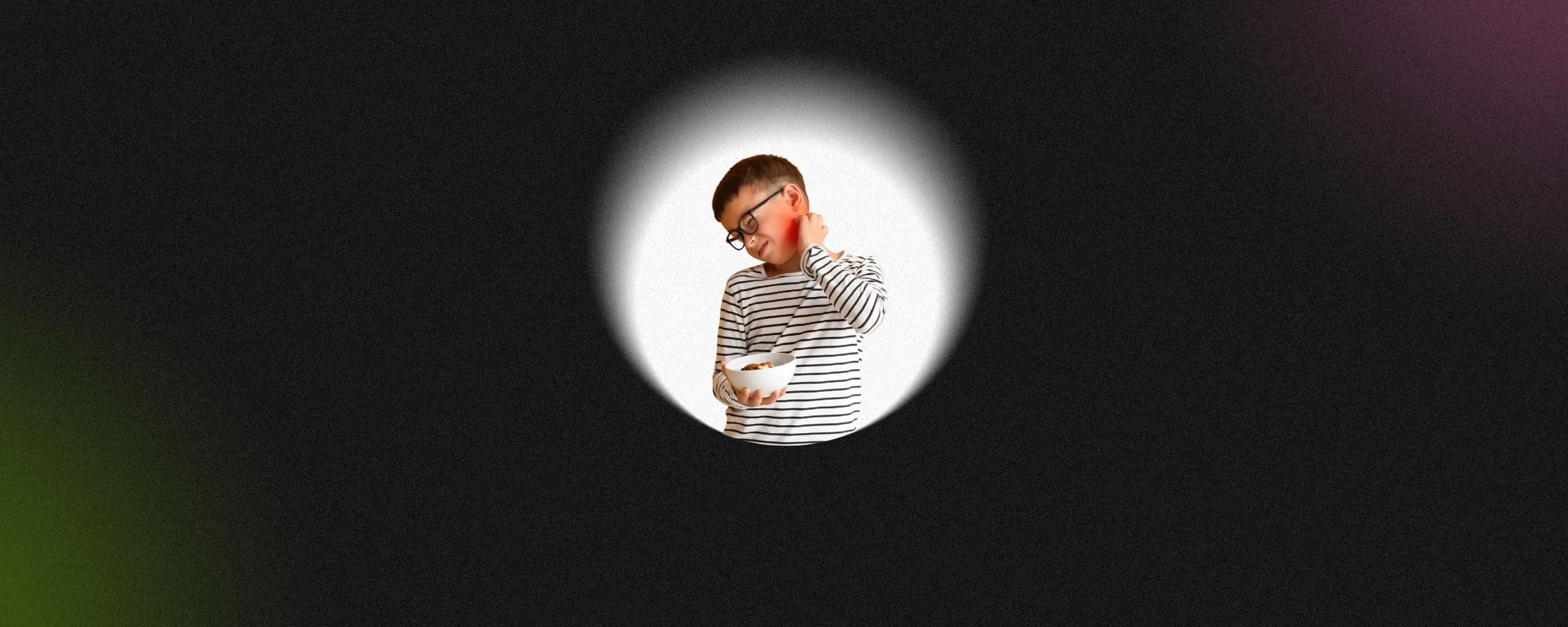Resorcinol Cream: Why This Skin Treatment Still Matters Today

Introduction
The trends in skincare change over time, but certain skincare ingredients remain timeless. In India, the question of whether traditional treatment or new medical technologies are more effective in addressing issues such as pigmentation, acne, or sun damage is a topic of considerable debate.
Resorcinol cream is one of the products that has conquered the test of time. Although it is not as popularly sold as retinol or niacinamide, it still plays a significant role in dermatology.
This blog delves into the details of resorcinol on the skin, including its effectiveness, side effects, usage mechanisms, and why it has become a treasured ingredient in modern times.
What Is Resorcinol and How Does It Work on Skin?
Resorcinol is an aromatic derivative of phenol. In skincare, this is used as a keratolytic agent, or one that helps exfoliate your face by getting rid of the outer layer of dead skin. This is what gives it useful properties in treating acne, psoriasis, eczema, warts, and hyperpigmentation.
In cream preparations, resorcinol cream penetrates rough skin areas, dissolves skin pores, and facilitates skin regeneration. Dermatologists also combine it in the treatment of melasma and other pigmentation conditions. However, unlike more aggressive chemicals, resorcinol enters the skin to a moderate depth so that it can be used safely, provided proper care is taken.
Common Resorcinol Products in Skincare
Resorcinol is used more commonly in smaller-scale behavioural adverts such as skincare products.
Resorcinol Cream for Daily Skin Care
Resorcinol cream is frequently used in situations of acne-prone skin, oily areas, and dandruff-associated scalp irritation. A low concentration is produced in daily topical treatments to address minor skin roughness or uneven skin tone.
Resorcinol Cream for Skin Whitening: Does It Work?
Use of resorcinol cream for skin whitening is popular because of its ingredients, particularly tyrosinase, which inhibits the production of melanin. The action can curb dark spots, pigmentation, and melasma. Although it is said to promote skin brightening, dermatologists have warned that it should be used along with sunscreen to inhibit any continuing pigmentation.
Resorcinol Moisturiser and Sunscreen Options
Resorcinol sunscreen moisturization mixtures are some specialised products. These not only moisturise and shield the skin against UV, but also exfoliate lightly and control pigmentation. A sunscreen that contains resorcinol can be a convenient option for people residing in sunny areas in India.
Top Resorcinol Cream Brands Available
A few dermatology-oriented and pharmaceutical brands market formulas with resorcinol in them. Although this can vary by market, resorcinol cream brands are also available in prescription-based products and dermatology clinics, rather than in store-bought cosmetic stores.

Key Benefits of Using Resorcinol Cream
-
Exfoliation: Promotes skin renewal by gently removing dead skin cells.
-
Pigmentation Control: Reduces melanin production, helping with dark spots and melasma.
-
Acne Management: Clears clogged pores and reduces breakouts.
-
Anti-inflammatory Properties: Helps soothe conditions like eczema and psoriasis.
-
Combination Use: Works well with other dermatological treatments for targeted results.
Unlike trendy ingredients that treat one specific skin worry, resorcinol has multi-action benefits, making it very useful in the field of dermatology.
How to Safely Use Resorcinol Cream
Misuse of resorcinol irritates the skin; therefore, using it as per the dermatologist’s recommendation or the label instructions is essential.
Application Tips for Best Results
-
Apply a thin layer on clean, dry skin, usually once daily or as prescribed.
-
Use at night to avoid direct sun exposure.
-
Combine with a broad-spectrum sunscreen during the day.
-
Start with small areas before applying widely.
Mistakes to Avoid When Using Resorcinol Products
-
Overuse: Applying too often can cause redness, dryness, and peeling.
-
Mixing with strong acids: Avoid combining with AHAs or BHAs unless guided by a dermatologist.
-
Skipping sunscreen: UV exposure can worsen pigmentation if sunscreen is neglected.
-
Using on sensitive areas: Not suitable for thin or broken skin unless prescribed.
Possible Side Effects of Resorcinol Cream
Although resorcinol is effective, users might be affected by the side effects, especially when used at high concentrations.
-
Redness and irritation in sensitive individuals.
-
Scaling or peeling due to keratolytic action.
-
Allergic reactions, in rare cases, such as itching or burning.
-
Thyroid-related concerns with excessive, long-term use, though it’s uncommon.
The majority of side effects can be avoided by using it correctly, with the supervision of a dermatologist, and conducting patch tests.

Who Should Avoid Resorcinol Skin Care Products
Not everyone should use resorcinol-based creams. Avoid if:
- You have highly sensitive or broken skin.
- You are pregnant or breastfeeding (unless prescribed).
- You are already using multiple strong activities in your routine.
- You have severe skin conditions that need different medical care.
Consulting a dermatologist ensures safe and effective use.
Resorcinol Cream vs. Other Active Ingredients in Skincare
How does resorcinol compare with popular actives?
-
Versus Retinol: Retinol boosts collagen and cell turnover, while resorcinol focuses on pigmentation and keratolysis. They can complement each other under guidance.
-
Versus Hydroquinone: Hydroquinone is a stronger skin-lightening agent, but resorcinol offers milder pigmentation control with less irritation risk.
-
Versus Salicylic Acid: Both are keratolytics, but salicylic acid penetrates oil glands better. Resorcinol works broadly on pigmentation and exfoliation.
Dermatologists often combine resorcinol with other actives for tailored treatment plans.

FAQs
Q. What is resorcinol cream used for in skin care?
A. Resorcinol cream is used to treat acne, eczema, psoriasis, and pigmentation. It works by exfoliating dead skin, unclogging pores, reducing inflammation, and promoting skin renewal, making it effective in managing uneven texture and stubborn dark patches.
Q. Can resorcinol cream be used for skin whitening?
A. Resorcinol cream can reduce melanin production, helping lighten pigmentation, dark spots, and melasma. While it supports mild skin whitening, results vary, and dermatologists recommend pairing it with sunscreen to prevent new pigmentation and ensure safe, consistent outcomes.
Q. Is resorcinol good for acne and dark spots?
A. Yes, resorcinol is beneficial for acne and dark spots. It helps clear clogged pores, reduce breakouts, and fade post-inflammatory pigmentation. Regular use under medical guidance can improve skin tone, texture, and overall clarity without excessive irritation.
Q. What are the side effects of using resorcinol cream?
A. Side effects may include redness, peeling, dryness, or mild irritation, especially with overuse. Rarely, allergic reactions can occur. Proper dosage, dermatologist supervision, and sunscreen use minimise risks, making resorcinol cream generally safe when applied correctly.
Q. Which are the best resorcinol cream brands available?
A. Resorcinol cream brands are usually prescription-based and vary by region. Dermatology-focused pharmaceutical companies produce effective formulations. The best choice depends on individual skin needs, concentration, and medical advice rather than widely advertised over-the-counter cosmetic labels.
Q. What is a resorcinol moisturiser sunscreen?
A. A resorcinol moisturiser sunscreen combines hydration, sun protection, and exfoliating benefits. It nourishes the skin, prevents UV-related pigmentation, and maintains even tone while supporting mild brightening effects, making it ideal for daily use in sunny climates like India.
Q. Can I use resorcinol sunscreen daily?
A. Yes, resorcinol sunscreen can be used daily if recommended by a dermatologist. It offers UV protection while controlling pigmentation. However, patch testing and consistent application are essential to avoid irritation and achieve safe, effective results over time.

Best Creams and Remedies to Heal Cracked Heels Fast

Tretinoin Cream (Topical and Ophthalmic): Overview, Uses & Key Benefits

Your Guide to Allergy Medications: Tablets, Creams, and Remedies

Kojic Acid: How It Works as a Soap, Cream & Serum for Even Skin Tone

Tests for Food Allergies: Why Getting the Right Diagnosis Matters


